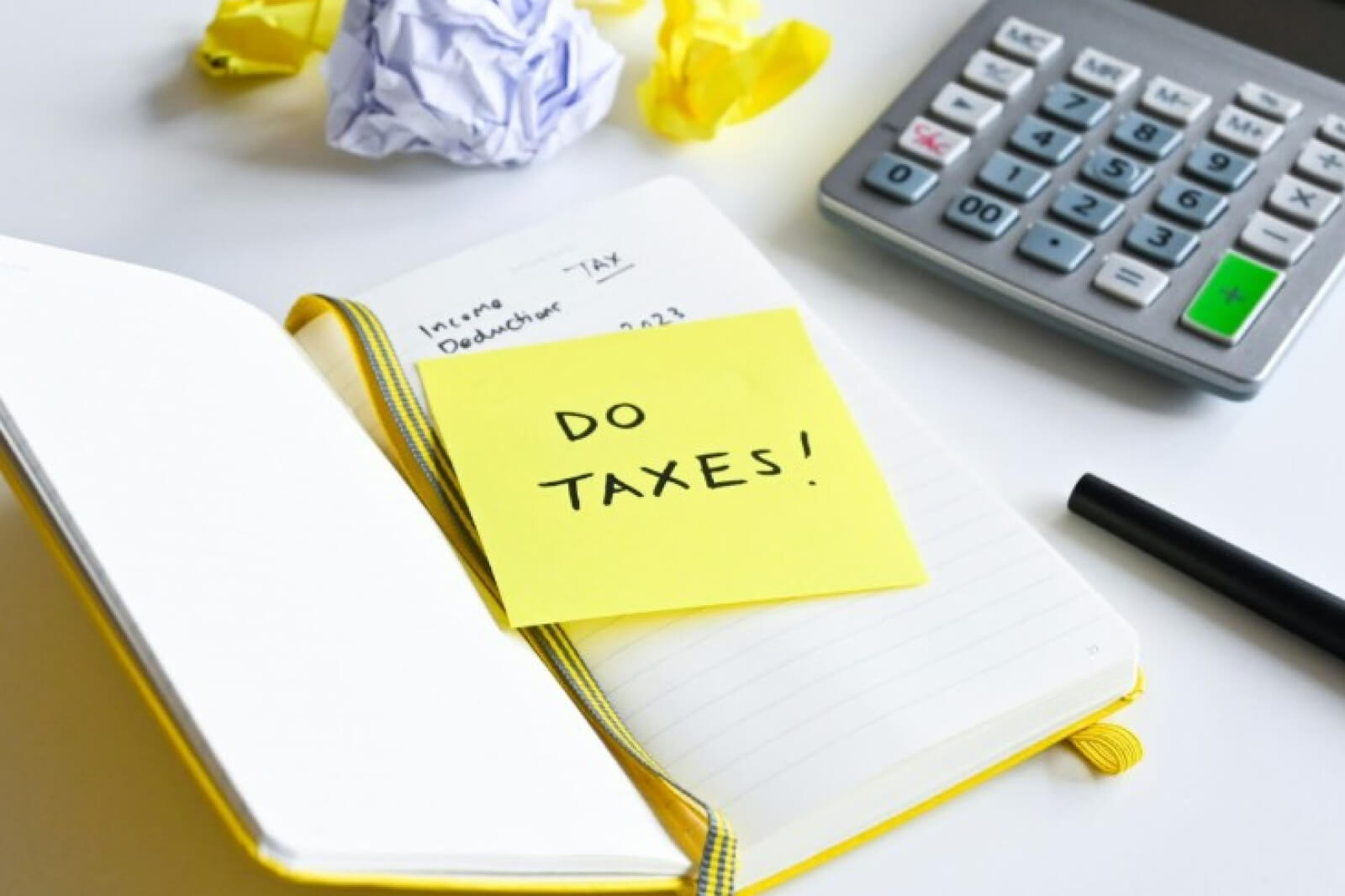What is a CD?

May 16 | 2017

Invest, invest, and invest. If you’re not saving you should be investing. Or people say. If you’re new to investing and are concerned with risk, a certificate of deposit may be the easiest option for you.
A certificate of deposit, a CD, is a savings certificate with a fixed interest rate and affixed maturity date. Basically, it’s a savings account with a fixed interest that you can’t access for a certain period of time. The higher the interest rate, the more your CD will yield. Since the funds have no liquidity, the pay off is the yield from the interest. CDs generally considered low risk investments and the FDIC insures CDs up to $250,000.
All commercial banks offer CD accounts but you will most likely get a better deal from lesser know banks like Ally, Barclays, CIT, or other online banks. The longer the term, the better interest rate you will get. However, the longer the term the longer the risk associated with the CD. A major drawback is that if an interest rate significantly increases during the term you will not be able to benefit.
Some banks, not all, offer rate bump CDs, where you can request an interest rate bump if market interest rates rise during the tenure of the term. The bank doesn’t do this automatically and even if you ask for the interest rate bump it isn’t guaranteed yes. Ally Bank and CIT bank offer rate bump CDs, but there’s different stipulation for the accounts. CIT requires a minimum of a $25,000 deposit and Ally only offers bump-rate CDs on two and four year agreements.
So, should I open up a CD account?
Right now? If you are looking for a high yield investment, then no. CDs are most beneficial whenever there is a high interest rate. Since interest rates are so slow, the interest rate will not yield substantial earnings at this time. For example if you invested $5,000 in for a 24-month term with an interest rate of 2.5 percent that compounded daily, your earnings would be $256.08. However a CD does generate more interest than an average savings account. If you are saving for long term goal and want to prevent yourself from dipping into the money, then a CD might be viable option for you. Keep in mind that you will be hit with a penalty fee if you withdraw money from a CD before it come to full term.
A CD ladder could be the happy medium. The Federal Reserve is planning increasing the rate at least three more time in the next year. As the economy strengths, interest rates generally go up. Creating a CD ladder would allow you to take advantage of increasing rates and have more liquidity. A basic CD ladder will have at least three rungs. Each “rung” is a CD with differing interest rates and term agreements. Let say you have a one-year, a two-year and five-year CD. When the one-year CD agreement ends, you would open a new CD at a longer term with the money. That way you will be getting a higher interest rate as your money grows.










